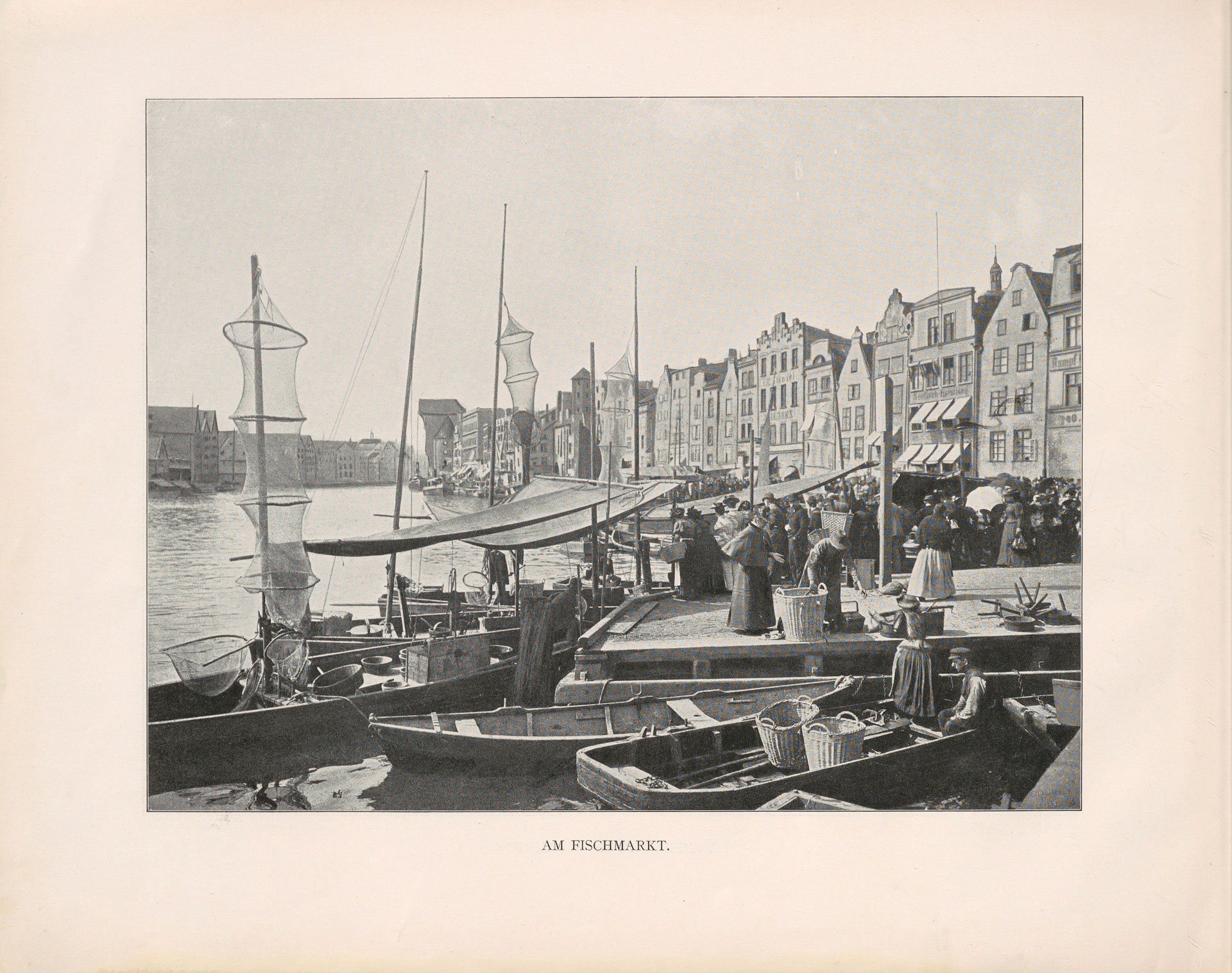Sailors and rescuers – Gertrud and Gustav Pietsch
Gertrud and Gustav Pietsch played a significant role in the rescue of Polish Jews from the Holocaust. They enabled at least 77 of them to escape or emigrate to Palestine. The Pietschs came from long-established fishing families. Both were born in 1893. They married in 1918 and lived in Gdansk on the Baltic sea from then on. Gustav Pietsch was a captain and his wife sewed sails and produced other fishing supplies.
Gdansk (Danzig in German) had been part of Germany before World War I ; after the German defeat in 1918 and the establishment of the Republic of Poland, Gdansk was not placed under Polish sovereignty, because the majority of the population was German. The town received a specific status with its own city government. In the 1930s, the National Socialist Party became also in Gdansk the governing party, and the Polish minority in the town was more and more discriminated against, and especially Polish Jews.
The Pietsch family was not Jewish. They were critical of the Nazis and refused to join the NSDAP, which led to persecution and abuse. The family’s children were mistreated and defamed at school.
Gustav Pietsch supported a unique project in Jewish history: He directed from 1934 a maritime school in the Polish port city of Gdynia, close to Gdansk, where Polish Jews were trained in fishing and navigation. When the discrimination and persecution of Jews in Gdansk became stronger, Gertrud and Gustav Pietsch were hiding Jews and helped them to escape from Danzig and to come to Gdnyia. Many of them then emigrated to Palestine and could therefore escape the Holocaust.
Due to increasing persecution by the Nazis, Gustav and Gertrud Pietsch themselves had to emigrate to Palestine in 1938. There, Gustav Pietsch founded the fishing village of Neve Yam with former students and his sons. After the outbreak of World War II, Gustav Pietsch was interned as an “enemy alien” by the British authorities. He later became the harbourmaster of the city of Eilat. In 1959, the Pietsch couple returned to Germany and lived in Berlin. They had to rely on social welfare: As there were no diplomatic relations between Germany and Israel at the time, Pietsch could not claim his Israeli pension, forcing him and his wife to live on welfare. In 1960, he was recognised as a victim of the Nazi regime under the Federal Compensation Law and received compensation. In 1961, he was honoured by the Berlin Senate in the “Unsung Heroes” campaign dedicated to Germans who had helped Jews. They received compensation payments and a pension. Shortly thereafter, the couple emigrated to their daughter Ursula in Western Australia, where they died in 1975.
About his time in Berlin, Gustav Pietsch said: “They threw a cocktail party for me, flattered me, and I stuck to my opinion, I didn’t stop telling them: You are all Nazis who have changed your skin, we can’t trust you, only the young children who were born after the war.”
Gustav and Gertrud Pietsch are largely forgotten today. There are no memorials to them. Their story illustrates the possibilities that “ordinary” Germans might have had to save Jews.
Robert Parzer


